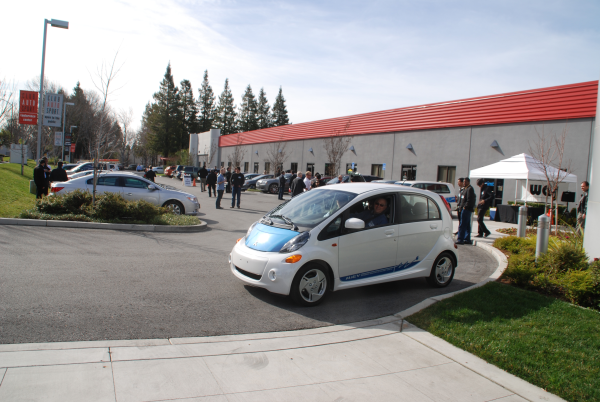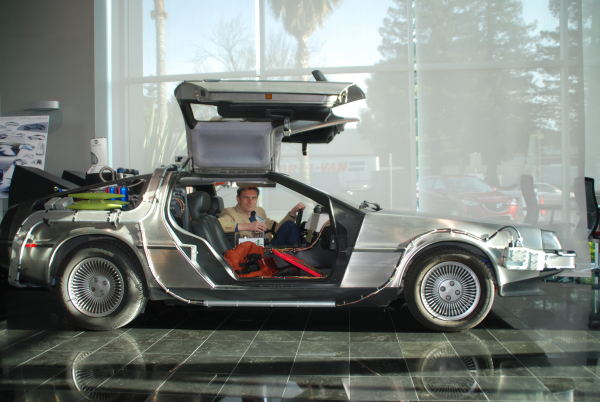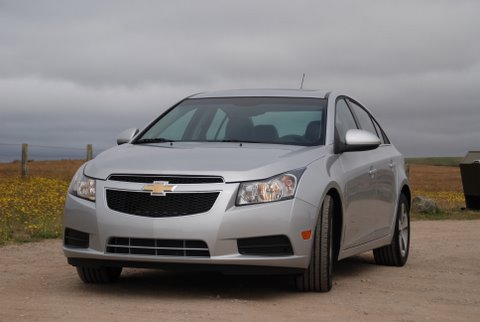The automotive landscape is changing. More choices are coming and that promises to be the watchword for the coming decade. Buying a new car will no longer be: What model do you want? What color do you want? What options do you want?
Well, it will still be about options, but the options will be the type of powertrain and fuel you choose for your new ride. I took a tour in January through some of those choices and came away with a new appreciation of the challenge that plug-in vehicles are facing and will continue to face in the marketplace.
The event was called "Future Cars: Future Technology"; it was organized by Western Automotive Journalists, a 20-year-old group of auto writers (and photographers and videographers) based in Northern California. During the day, panelists discussed the long-range future of automotive technology--one panel talked about whether automated cars like the ones Google is running are likely to take over our highways; a second panel of engineers from the auto companies explored the variety of options they were researching for future cars.
But the real fun was outside where journalists could drive a variety of vehicles that illustrated the direction the industry is heading. I was already familiar with the fuel cell vehicles (the F-Cell from Mercedes and Toyota Highlander FCHV) as well as the electrics (the Mitsubishi i and
Nissan Leaf) and the plug-in hybrid (the Chevy Volt), so I chose to look deeper at some of the other contenders:
*Buick LeCrosse eAssist
*Honda Civic Natural Gas
*Mazda3 Skyactiv
*VW Passat TDI
These four vehicles represent a good cross-section of what may keep plug-in cars a "nice to have" technology rather than a "must-have." In order, they represent a so-called mild hybrid, a natural gas model and advanced gasoline and advanced clean diesel models.
The Buick is a large car, though classified as a mid-size, and feels it. Even though it has a four-cylinder engine, the battery assist adds to its launch power and provides not only good acceleration, but also 25 mpg in town and 36 mpg on the highway. And the whole package retails at about $30,000.
The compact Honda is deceptive. It looks and drives like the gas and hybrid versions of the Civic, but since it is fueled by natural gas, delivers 27/38 mpg fuel economy on a fuel that costs about half of what gasoline does per gallon. It retails for about $28,000.
The Mazda3 is a spunky compact with great performance. But even with that performance, the advanced gas engine and reworked transmission (and some other improvements) will deliver 28/40 mpg but retails for only about $19,000.
The Passat TDI, which was just named Motor Trend magazine's Car of the Year, is a mid-size car capable of delivering solid performance and 31/43 mpg for about $26,000.
The price points and performance of these models point us towards a challenging future. As tempting as the new technology of plug-ins is and as good as long-range fuel savings might look (and as enticing as avoiding direct fossil fuel consumption is), the advances in internal combustion engines, particularly if they're found in larger vehicles, are going to present consumers with some tough choices. It looks like the easy (as in easy on the pocketbook and with little lifestyle change) choices may be for more incremental changes in the near-term.
(A similar version of this story appeared in Plugincars,com http://www.plugincars.com/challenge-plug-cars-111923.html)
Another version of "Future Cars"


 According to
According to 